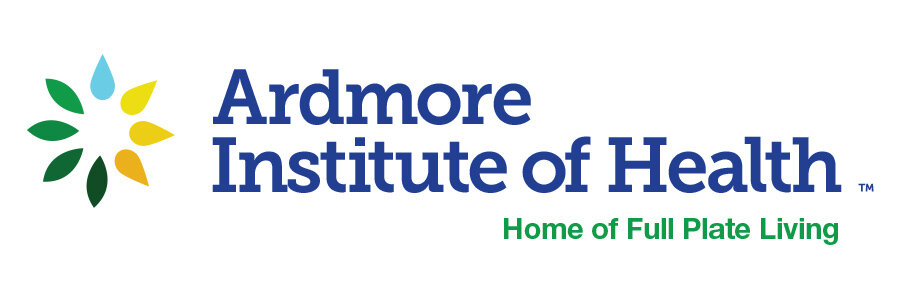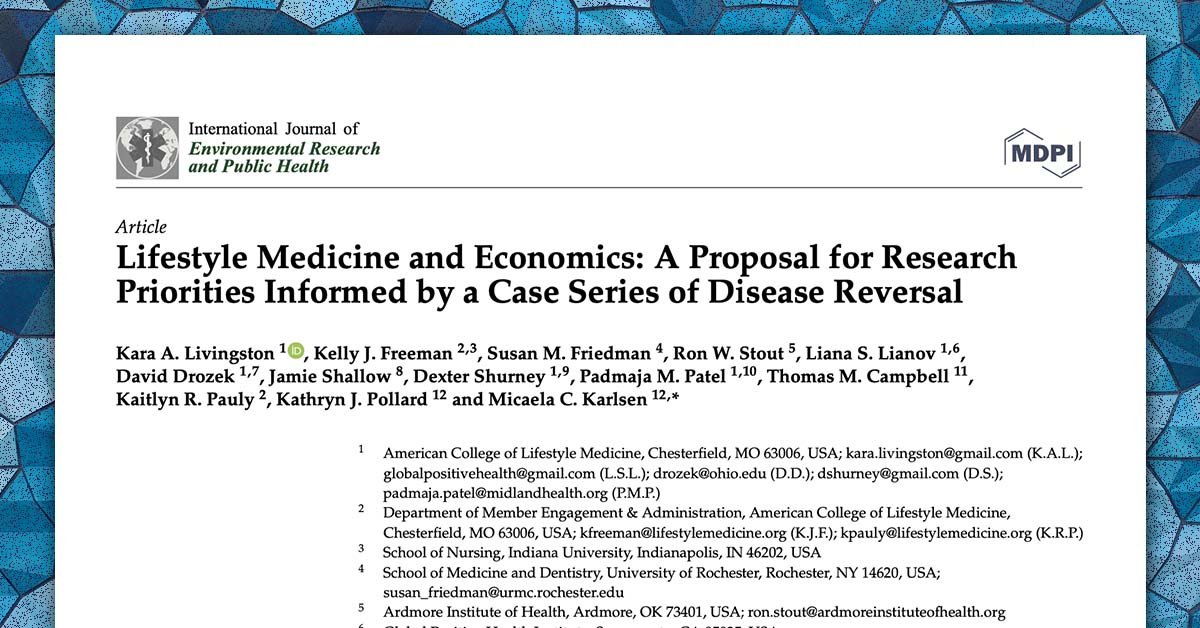Lifestyle Medicine and Economics: A Proposal for Research Priorities Informed by a Case Series of Disease Reversal
A recent article in the International Journal of Environmental Research and Public Health demonstrates the value of Lifestyle Medicine by detailing four cases that utilized an intensive, therapeutic lifestyle intervention change approach to dramatically reverse disease and reduce healthcare costs. Four case studies are included that illustrate dramatic improvements in physical health and quality of life resulting from lifestyle change, particularly a transition to a WFPB diet. It also outlines economic benefits in each case.
Article Abstract
Chronic disease places an enormous economic burden on both individuals and the health-care system, and existing fee-for-service models of healthcare prioritize symptom management, medications, and procedures over treating the root causes of disease through changing health behaviors. Value-based care is gaining traction, and there is a need for value-based care models that achieve the quadruple aim of (1) improved population health, (2) enhanced patient experience, (3) reduced healthcare costs, and (4) improved work life and decreased burnout of healthcare providers. Lifestyle medicine (LM) has the potential to achieve these four aims, including promoting health and wellness and reducing healthcare costs; however, the economic outcomes of LM approaches need to be better quantified in research. This paper demonstrates proof of concept by detailing four cases that utilized an intensive, therapeutic lifestyle intervention change (ITLC) to dramatically reverse disease and reduce healthcare costs. In addition, priorities for lifestyle medicine economic research related to the components of quadruple aim are proposed, including conducting rigorously designed research studies to adequately measure the effects of ITLC interventions, modeling the potential economic cost savings enabled by health improvements following lifestyle interventions as compared to usual disease progression and management, and examining the effects of lifestyle medicine implementation upon different payment models.
Related: Lifestyle Changes Can Help Your Body, Mind, and Bank Account

